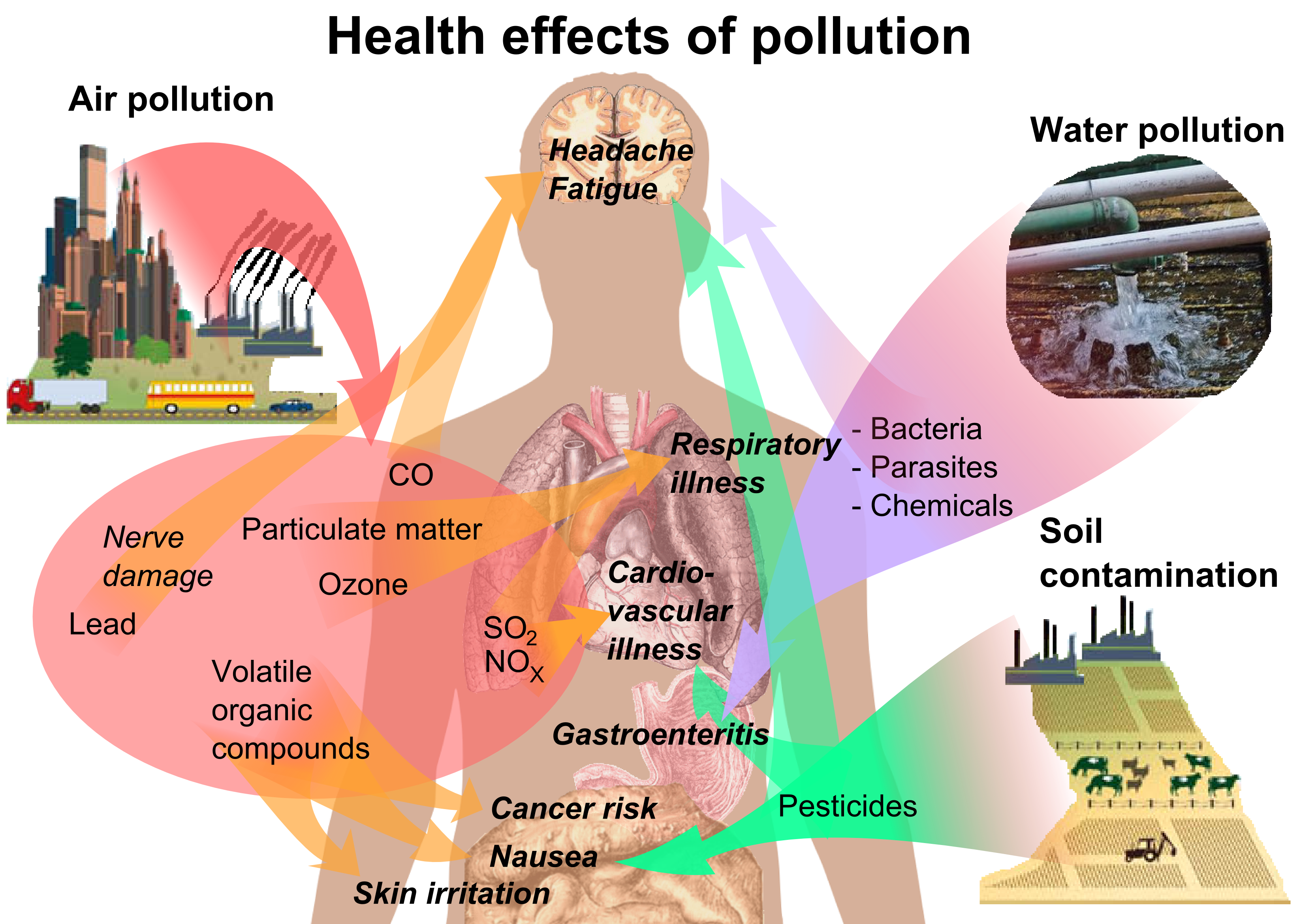As a public health major, I am deeply interested in the ways in which the environment plays a role in human health and in public health as a whole. Public health is different than medicine in that it focuses not on individuals but on whole populations, and “is concerned with the total system and not only the eradication of a particular disease.” It is easy to imagine how the environment can factor into the health of a population, as people are constantly interacting with their environment. The study of these interactions and their effects is called environmental health, and “addresses all the physical, chemical, and biological factors external to a person, and all the related factors impacting [behaviors].” Environmental health plays a large role in the study public health as a field, and the University of Rochester has recently become involved in that important understanding of environmental health.
Starting next year, the University will be offering a major in environmental health. This major adds on to the other four majors already existing in the public health discipline (bioethics, epidemiology, health policy, and health, behavior and society), and will be the only one to fall under the natural sciences division. The stated goals of the major are for students to:
- Understand how anthropogenic and environmental factors contribute to human exposure to environmental toxins and pathogens.
- Integrate multiple disciplines to enhance understanding of environmental health exposures and their consequences, and to support appropriate analysis and problem solving.
- Appreciate the social, economic, and cultural contributors to the creation and resolution of environmental health problems.
The major requirements incorporate the “common core” found in all of the public health majors, but also include foundational courses in biology, chemistry, and genetics. Students majoring in environmental health must also take classes in subjects such as microbiology and biochemistry, while also taking courses in topics such as sustainability and environmental justice.
The addition of this major to the University’s already existing public health majors adds important variety and diversity to the public health options available at Rochester. Public health is an interdisciplinary field, and a large part of the success of the field relies on its interdisciplinary nature. The addition of environmental health will greatly strengthen and enhance the study of public health at the University, and will provide remarkable opportunities for students to explore one of the many aspects of public health. It will also add on to the many ways in which Rochester students can study and analyze the environment and sustainability.
For more information on the new environmental health major, look here.
Ciara McGillivray, Class of 2018

